Living With A Hoarder Wife Or Hoarder Husband
Hoarding disorder is an obsessive-compulsive disorder where an individual feels the compulsive need to hoard useless junk that may hold sentimental value to them. A hoarder's possessions create clutter and mess for their family members, which can strain their relationship with friends and family, causing family conflict.
Whether you've been diagnosed with compulsive hoarding disorder, suspect you have a clutter problem or have been notified by loved ones that they're concerned about your hoarding behavior, your relationship with your possessions is most likely affecting your relationship with your family members.
Fortunately, assistance is available for hoarding-related disorders and repairing any damage it might have done to your relationship with your spouse or loved one.
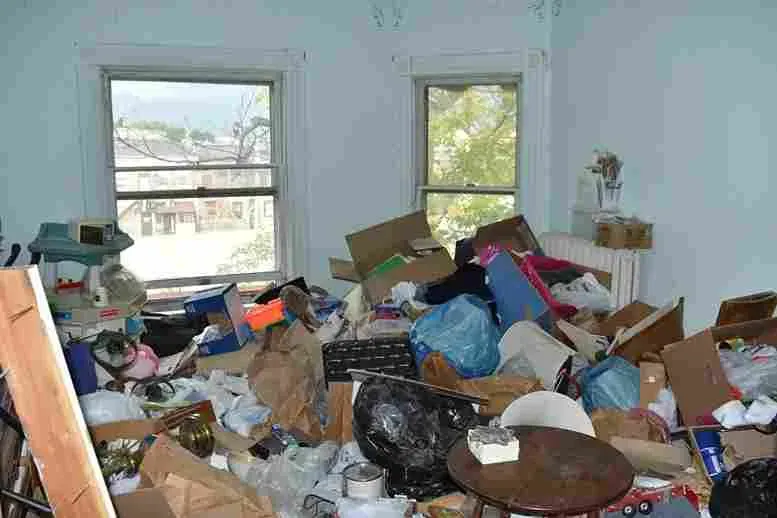
Signs Your Spouse Has Hoarding Disorder
Being a bystander, one can feel guilty when a spouse, family member, or friend is affected by hoarding disorder. Living with a spouse with hoarding tendencies is even more challenging to navigate and puts stress on your relationship. Hoarders typically have health problems or suffer from mental health concerns such as depression or anxiety, and their spouse must approach these issues with compassion and acceptance. The first step is to determine whether your spouse has hoarding behavior or is simply disorganised.
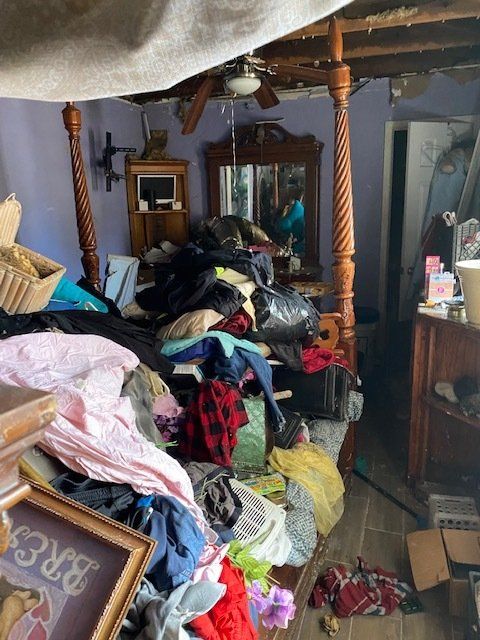
How to Manage
If you suspect your spouse suffers from hoarding disorder, approach them with compassion and nonjudgment. It may appear that your partner is unconcerned about your desire to live in a clean space, but they struggle with a constant battle with their hoarding disorder.
The next step is to educate yourself about hoarding disorder. The International OCD Foundation is a helpful resource for understanding the complexities of hoarding behavior and can provide you with coping tips. Once you understand what is going on, you can assist them in reaching a point where they feel safe and willing to collaborate with you to overcome their hoarding tendencies.
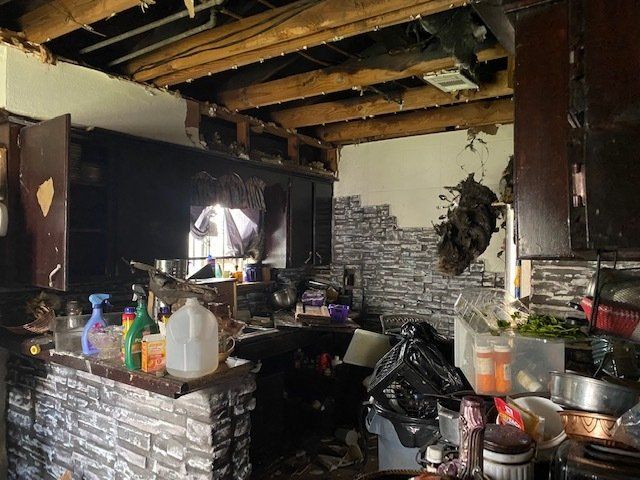
Examine Your Behavior
When dealing with a hoarder, it's easy to lose composure with their hoarding behavior, become stressed about your lack of control over their living conditions, or, in extreme cases, burn out from the struggle of attempting to help.
While you can't control the hoarder's condition, you can manage your own reactions. To begin, take a step back and consider how your own responses and those of other friends and family members—may be adding to the hoarding problem.
Don't enable their hoarding tendencies
While they may appear to be temporary fixes, do not offer to store items for your spouse or pay for extra storage space. In the long term, you'll only exacerbate the hoarding problem. Similarly, don't encourage excessive shopping, don't give them stuff that will only add to their hoarding problem and take up more space.
Do not clean up after the hoarder
While you will always want to help your spouse or family member clean and organize when they ask, don't take on all of the responsibilities yourself. The more you tidy up after hoarders, the less motivated they will be to address the issue or behaviors that fuel their hoarding disorder.
Do not encourage excessive shopping
Hoarders have a compulsive need to collect too much stuff that they don't have enough room to store. To help them overcome this compulsive need, avoid talking about or taking your loved one's shopping so they aren't tempted to buy more junk.
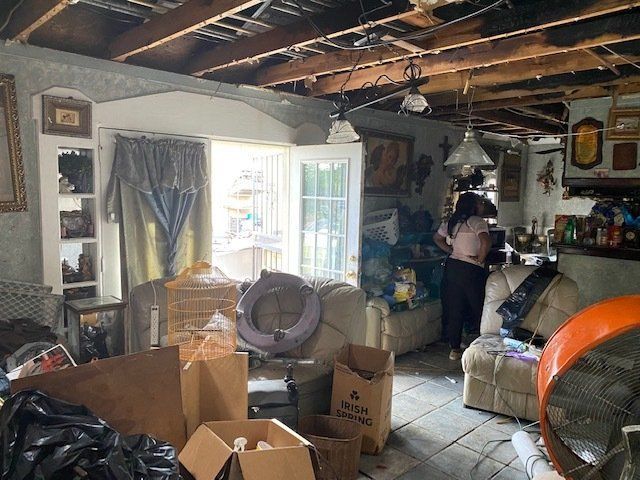
Focus On The Hoarder, Not The Hoarder's Possessions
Address any underlying issues
Depression, anxiety, and related disorders may all be contributing factors to your loved one's hoarding. Encourage your loved one to treat the underlying condition to help alleviate their hoarding disorder.
Do not make everything about their hoarding disorder
Spend time discussing other topics and interests. In extreme cases, individuals with hoarding disorder are frequently socially isolated; your non-judgmental support can be critical in boosting their self-esteem and encouraging them to seek treatment from professional help. Get friends and family members on board to create a support group for your loved one.
Takeaway
Hoarding disorder is a mental health problem. Hoarders should seek treatment programs to overcome this obsessive-compulsive disorder to relieve family conflict or alleviate their family members' concerns regarding their hoarding behavior. Help your hoarding partner in getting rid of all the clutter one room at a time, small wins like these encourage them to seek professional help to treat the underlying condition that has caused their hoarding behavior. If you know a hoarder that wants to sell their house as is, share this article with them. Just be sure they disclose it.
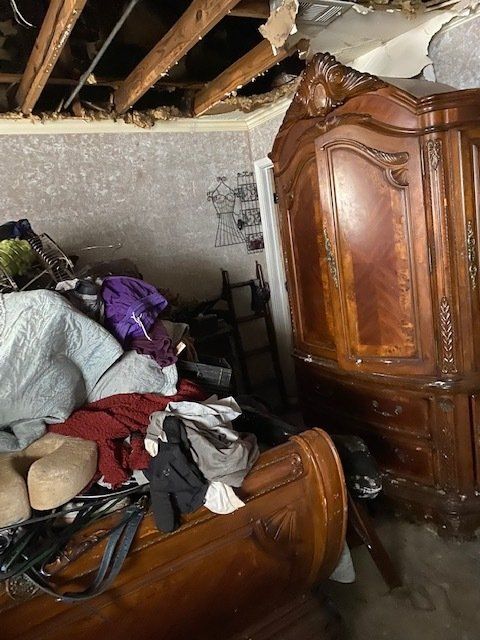
WE CAN HELP WITH ANY SITUATION AND WE'RE READY TO GIVE YOU A FAIR CASH OFFER!
Enter Your Information Below it is Quick, Easy & Free!
Get Cash Offer

Happy Customers



